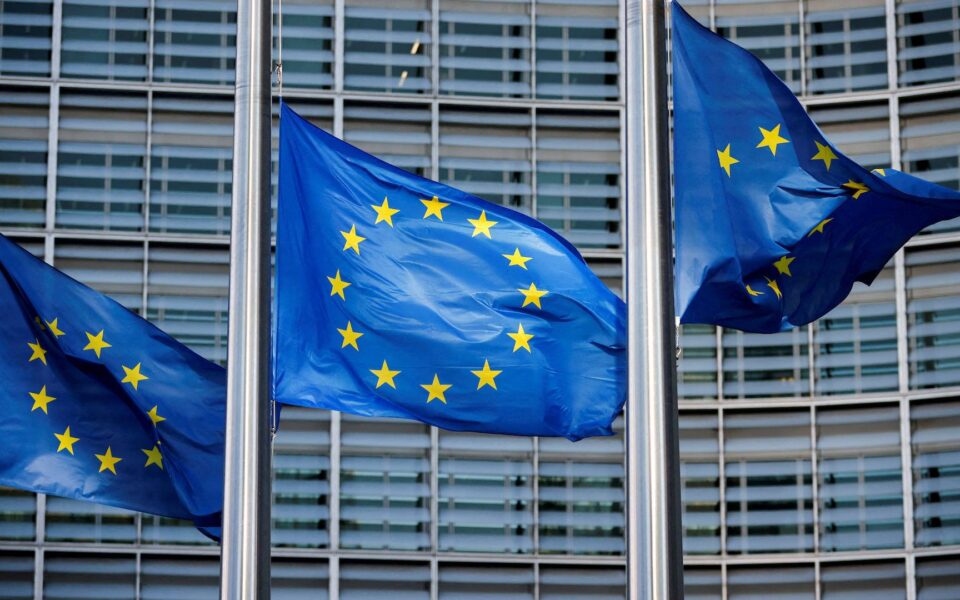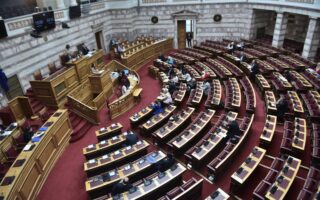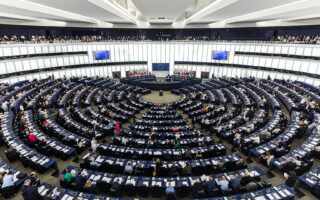Our voicelessness

We are marching toward the European Parliament elections by discussing everything, as long as it is unrelated to the elections themselves. The challenge is not how quickly steps will be taken to widen and deepen the process of European integration, but whether there will be a strong enough resistance to prevent major backsliding that would threaten important achievements that have been made.
The European Union is a powerful system with structures, resources and dense networks of interdependent relations among 27 member-states. However, the signs that foreshadow an arduous, multifaceted crisis are visible. European industries are charmed by the generous support programs offered by the Biden administration and choose the US as a base for the future. Policies to tackle the climate crisis are not combined with provisions for the green transition of manufacturing and the European agricultural economy. And everything is getting worse. On the one hand, the policy of the “expensive” euro imposed by the European Central Bank that discourages investment, and, on the other, Germany’s insistence on fiscal tightening and against joint borrowing.
European societies are not at their best – inequalities are widening in most of them and fear is eroding expectations, rolling out a red carpet for the far right. The harder things get, the less interested the leading elites are in dealing with the losers of the multiple crises experienced at the start of the 21st century. They are trained to fear those ravaged by war, famine and the climate crisis in the poorest countries, those fighting and begging for the big opportunity: a place in life – a way to get into Fortress Europe.
Inequalities are also widening between European states. The strongest economies, with revenues from their exports to other European countries, undermine the single market and use methods of unfair competition, strengthening the capital of their national companies at the expense of their competitors in other countries. Germany leads the way: The European Commission’s report on state aid in 2023, published last Wednesday, shows that Berlin gave a third of the state aid given by all European states combined. What we are witnessing is divergence – instead of convergence.
We are heading toward the European elections as if they don’t concern us, without talking about any European issue. The Greek government is keeping silent. It even refused to co-sign a letter of 11 states on February 11, 2024, addressed to the European Commission, in which they denounced the unfair competition at the expense of their businesses, through state aid. And two weeks ago, Greece refused to co-sign the joint proposal of France and five other states in favor of issuing a Eurobond to finance the EU’s defense industry – which, again, Germany opposes. The Greek government risks making Greece look like Berlin’s acolyte.
But what is perhaps more surprising is the equally deafening silence of the opposition parties. What happened? How did we become voiceless?




